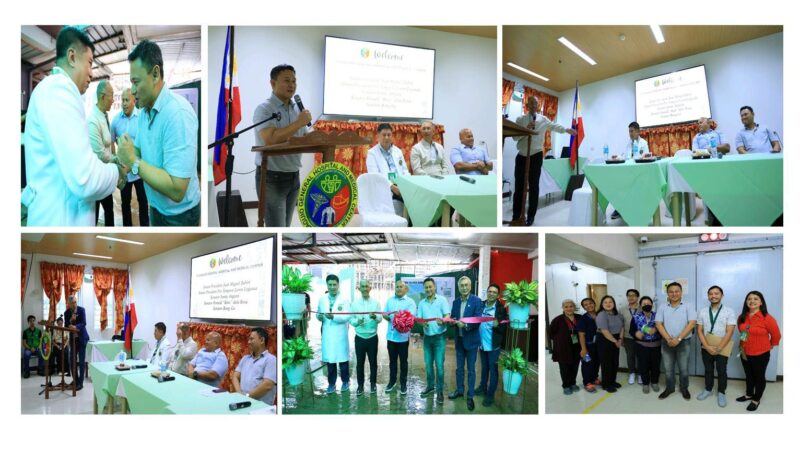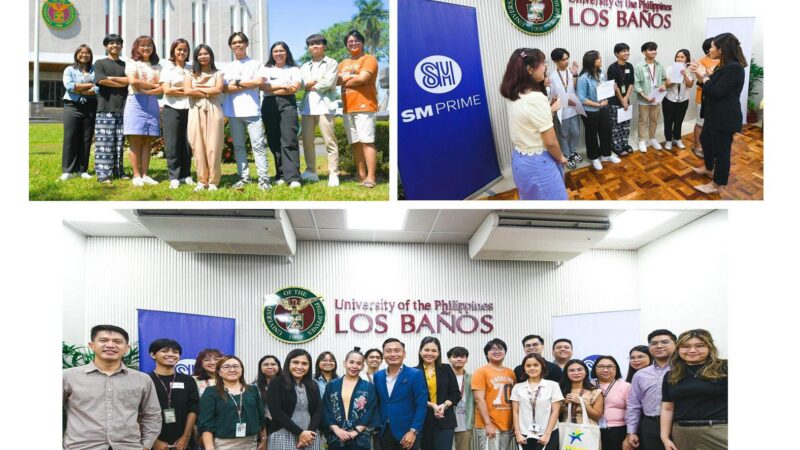First national ATBI Summit showcases Tilapia Ice Cream, Chichaworms, and more

BAGUIO CITY — The Tilapia Ice Cream by Daerrys was among the products exhibited during the recently concluded national conference and first Incubatee Summit of the Agri-Aqua Technology Business Incubation (ATBI) program of the country held on November 23-25, 2022 at Newtown Plaza Hotel, here.
According to Dr. Dana G. Vera Cruz of Daerrys, it is the first and only authentic tilapia ice cream in the world, and a recipient of the Salon International de L’Agroalimentaire (SIAL) Innovation Gold Award during the SIAL ASEAN Manila 2016 at the World Trade Center in Manila.
Cruz said the innovation of the tilapia ice cream was in response to the study revealing the huge decline of fish consumption among children.
Cruz also said that ice cream has always been part of family traditions and celebrations, and to incorporate fish into children’s diet will make an excellent source of protein, as well as for those who don’t eat fish, especially tilapia.
To commercialize the tilapia ice cream, Cruz said they already had the technology patented and the Daerrys trademark registered.
A license agreement had also been entered with Central Luzon State University (CLSU) and a license to operate has also been obtained from the Food and Drug Administration (FDA), Cruz said.
Cruz also said that they have Vera Bella Enterprises Limited Company as the ice cream manufacturer, and hopes to market the product to Baguio City soon.
The tilapia ice cream variants include the classic Tilapia Ice Cream, Tilapia Ice Cream Pops containing roasted tilapia, and Tilapia Ice Cream Sandwiches containing steamed or roasted tilapia.
The ATBI program is one of the strategies identified by the Department of Science and Technology (DOST) to support technology transfer and innovation, which was established to encourage, support, and nurture the development of mature Agriculture, Aquatic, and Natural Resources (AANR)-based technologies into viable commercial agribusiness ventures to economic development.
“We recruit and invite new and young entrepreneurs, nurture them with technical and entrepreneurial training, of course, we also consider the sociocultural aspect. We create a new innovative enterprise in our own context,” ATBI Philippines, Inc. President and Benguet State University (BSU) ATBI/Innovation Center Program Leader Ruth C. Diego said.
Diego said there are currently 22 program incubators nationwide that are being supported by the DOST-Philippine Council for Agriculture, Aquatic and Natural Resources Research and Development (PCAARRD) ATBI program, mostly university-based incubators.
Part of the highlights of the three-day ATBI conference and summit included the importance of indigenous materials locally found in different places in the country that can be made as sources of food products or new materials that can be useful to those who need it.
At least 15 exhibitors nationwide participated in the first Incubatee Summit showcasing their respective products developed from the technology each had innovated.
“We are now trying to elevate the methods on strawberry production and of course the high-value crops we have,” Diego said.
BSU ATBI incubatee Ariel Jun P. Wallang showcased Strawberry Chutney, a new strawberry innovation he said was taken from an old Indian recipe containing spices, like cinnamon powder, cumin, ginger, and other secret recipes to enhance the flavor.
Wallang said the term “chutney” is something international that is not commonly used in the Philippines, and he wanted the Filipinos to taste it to find out how it differs from the local strawberry jam.
John Paul A. Cabangal of I-Farm, an incubatee of the University of Southern Mindanao showcased the high-protein Chichaworm made from superworms.
Cabangal also said they will soon come up with Chocolate-coated Chichaworm to conceal the worm’s appearance and make it more palatable.
Cabangal said the innovation could be a solution to the current poverty issues the country is facing, and they go by the tagline, “optimizing productivity, maximizing potential, increasing profitability”. ###






